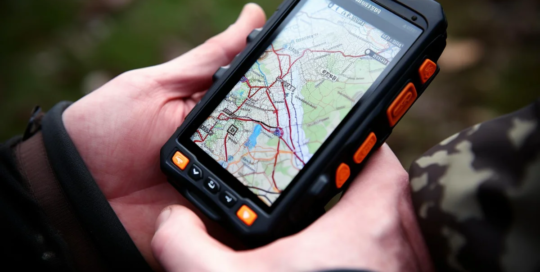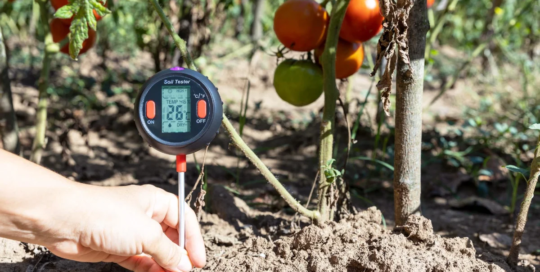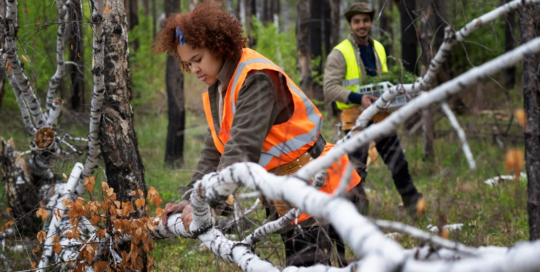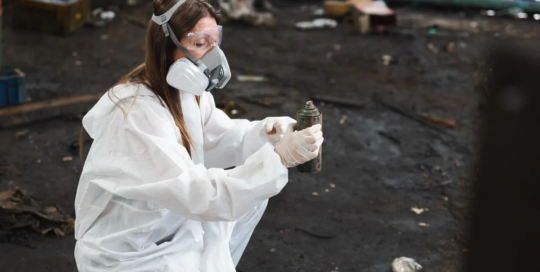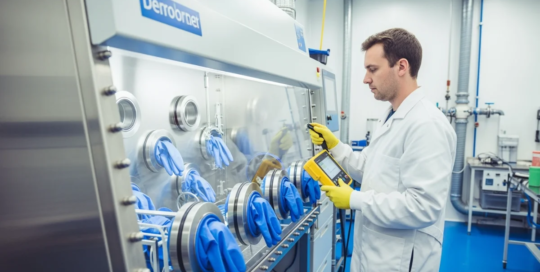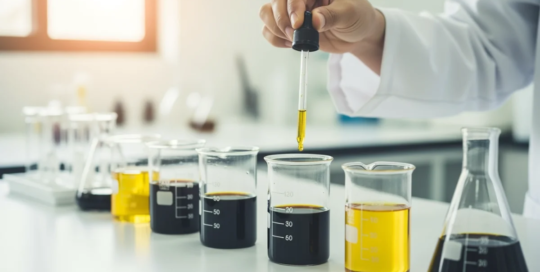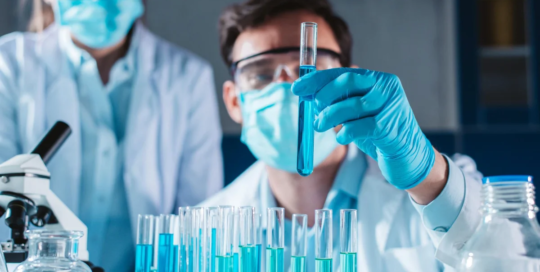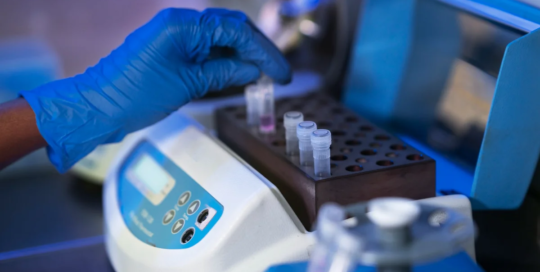Assist judges in court or by conducting research or preparing legal documents.
Remote sensing technicians
2025-09-04T11:37:32-06:00Apply remote sensing technologies to assist scientists in areas such as natural resources, urban planning, or homeland security. They prepare flight plans or sensor configurations for flight trips.
Precision agriculture technicians
2025-09-04T11:33:16-06:00Apply geospatial technologies, including geographic information systems and global positioning system, to agricultural production or management activities, such as pest scouting, site specific pesticide application, yield mapping, or variable rate irrigation. They use digital systems to compare physical topography with data on soils, fertilizer, pests, or weather.
Forest and conservation technicians
2025-09-04T11:25:19-06:00Provide technical assistance regarding the conservation of soil, water, forests, or related natural resources. They compile data pertaining to size, content, condition, and other characteristics. They train and lead forest workers in forest propagation, fire prevention and suppression. They assist in managing, improving, and protecting rangelands and wildlife habitats.
Environmental science and protection technicians, including health
2025-09-04T11:17:50-06:00Perform laboratory and field tests to monitor the environment and investigate sources of pollution, including those that affect health, under the direction of an environmental scientist, engineer, or other specialist. They collect samples of gases, soil, water, and other materials for testing.
Social science research assistants
2025-09-04T11:08:59-06:00Assist social scientists in laboratory, survey, and other social science research. They help prepare findings for publication and assist in laboratory analysis, quality control, or data management.
Nuclear monitoring technicians
2025-09-04T11:02:58-06:00Collect and test samples to monitor results of nuclear experiments and contamination of humans, facilities, and environment.
Geological sample test technicians
2025-09-04T10:48:49-06:00Test or analyze geological samples, crude oil, or minerals to detect presence of petroleum, gas, or mineral deposits indicating potential for exploration or production or to determine physical or chemical properties to ensure that products meet quality standards.
Chemical technicians
2025-09-04T10:40:21-06:00Conduct chemical and physical laboratory tests to assist scientists in making qualitative and quantitative analyses of solids, liquids, and gaseous materials for research and development of new products or processes, quality control, maintenance of environmental standards, and other work involving experimental, theoretical, or practical application.
Biological technicians
2025-09-04T10:36:37-06:00Assist biological and medical scientists in laboratories. They set up, operate, and maintain laboratory instruments and equipment, monitor experiments, make observations, and calculate and record results. They analyze organic substances, such as blood, food, and drugs.

